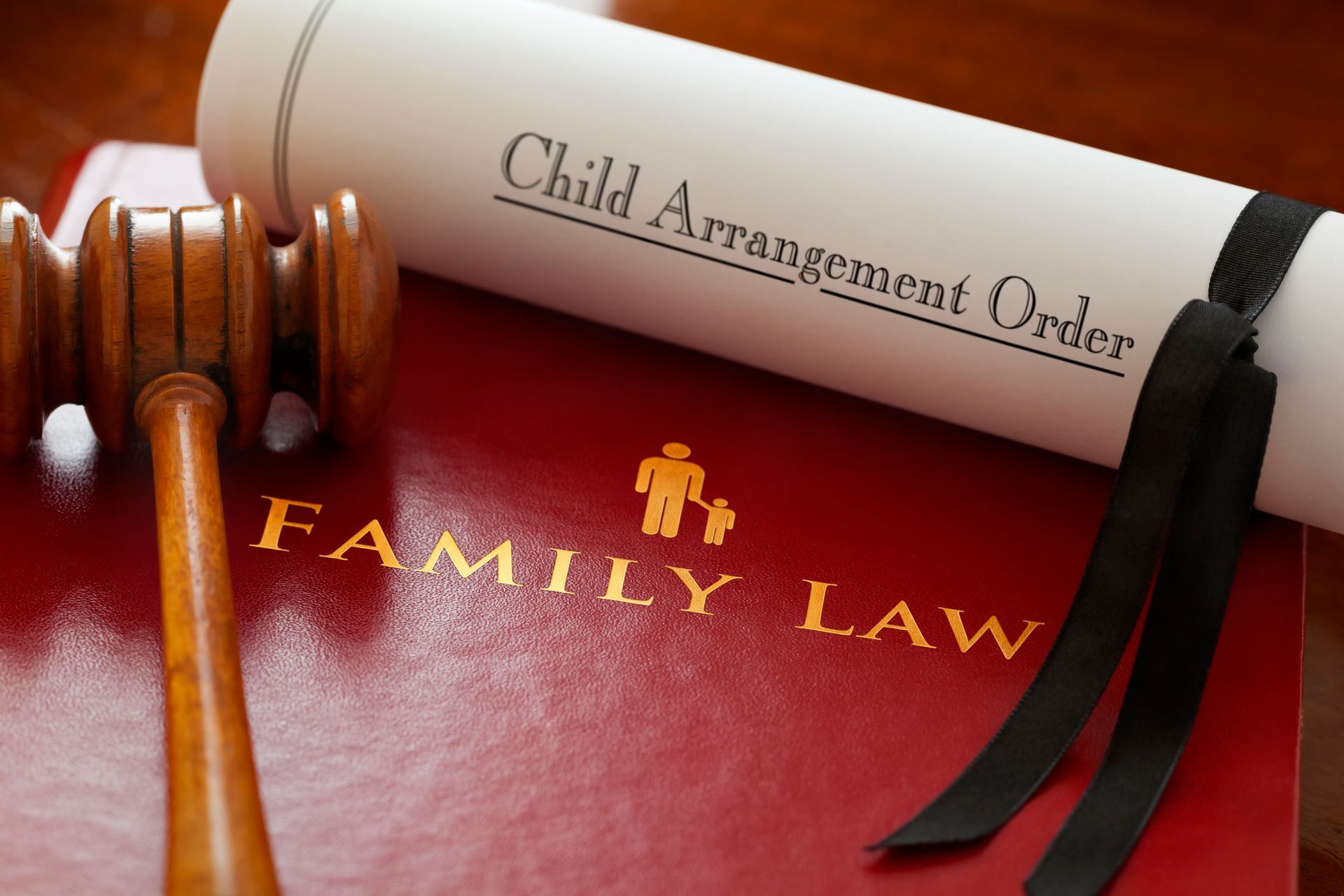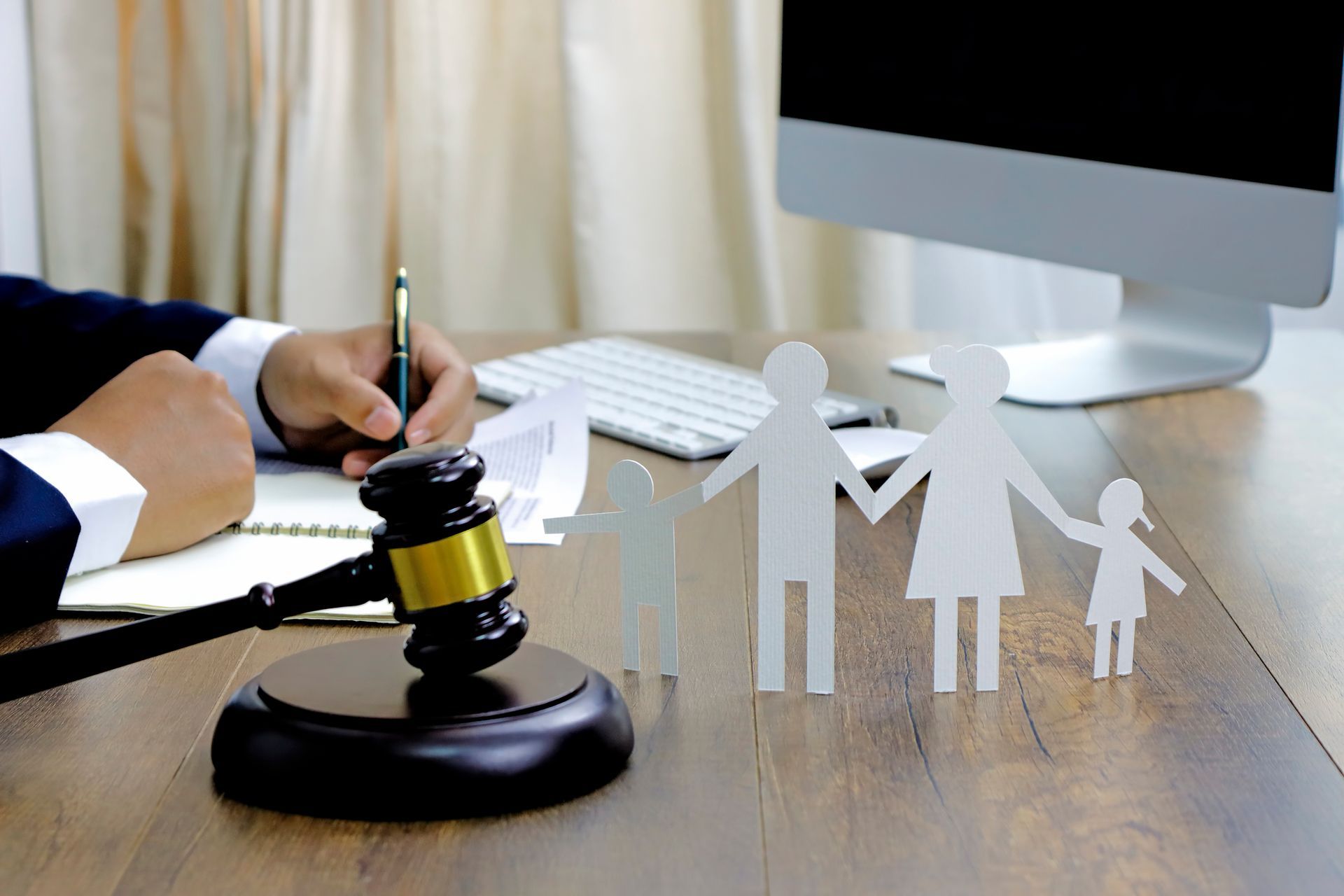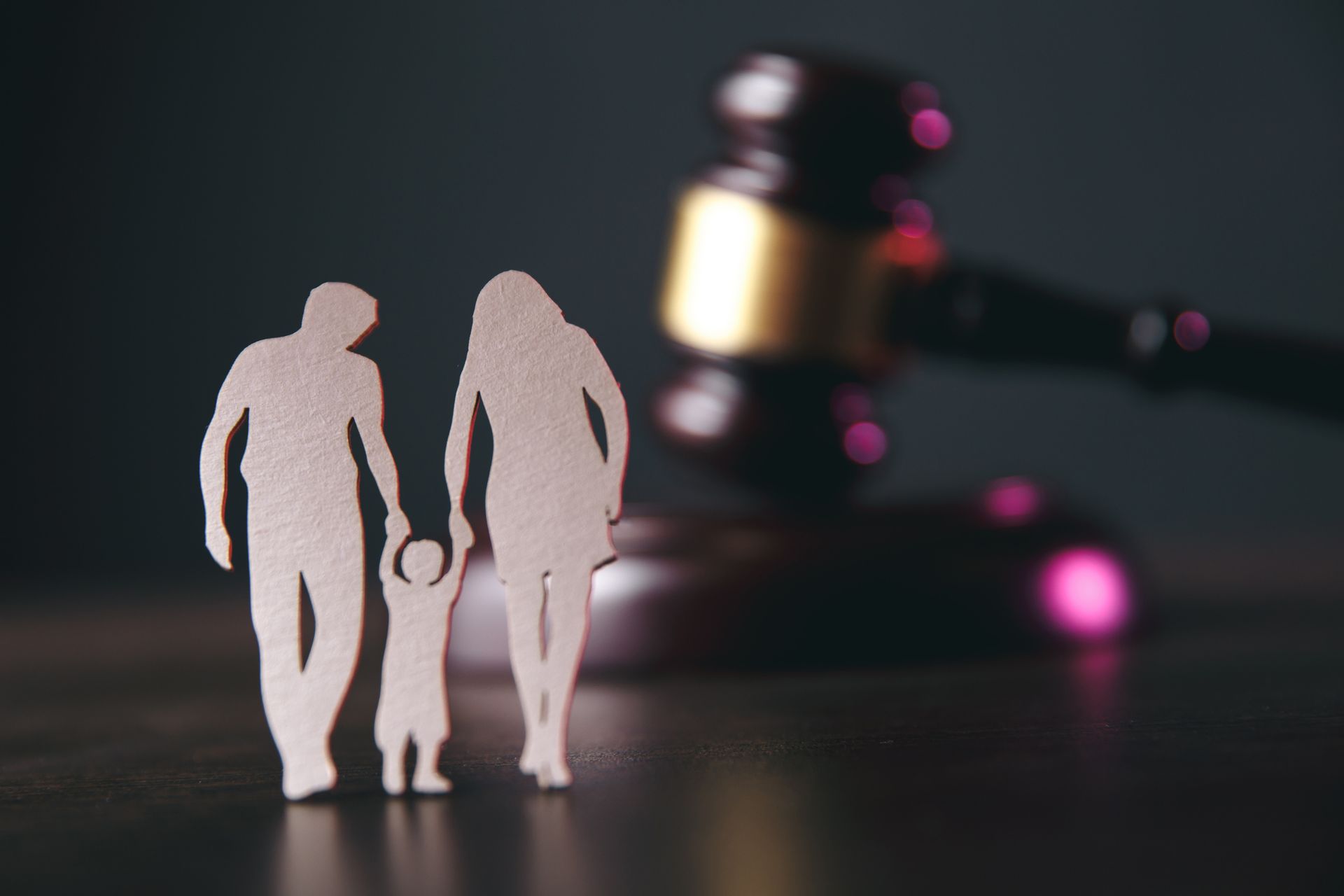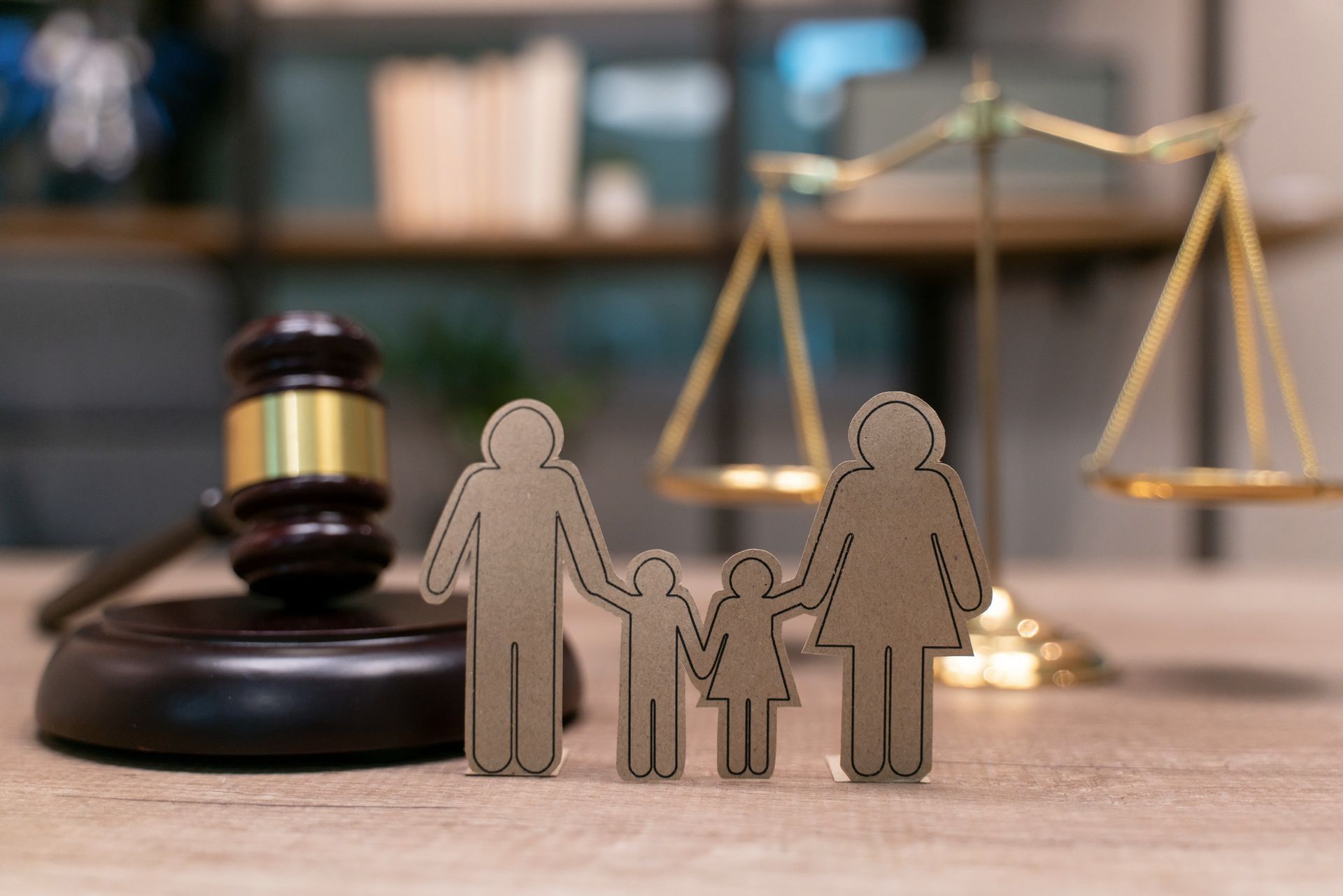5 Things to Prove When Suing for Defamation | Hart Law Offices
websitebuilder • September 24, 2018
Has your business or personal reputation suffered from defamation by someone else? In this online and interconnected world, harmful and inflammatory talk is growing more and more common — and more accessible and destructive. What can you do if someone has harmed you in this way? Suing for damages is one of the most powerful solutions, but your ability to win hinges on proving five things.
What are these elements? And how can you prove them? Examine each one to find out more.
Proof of the Statement
In a libel case, defamation must occur in writing. This makes it easier to demonstrate to the court that defamation did indeed occur because you can literally bring the written statement into court. You may have an email, a social media posting, letters, or statements quoted in print.
In a slander case — when the defamation is oral — it’s trickier to prove that the statement was made. In this case, you need to have testimony by those who heard the statement in person. The more direct and credible your witnesses, the easier it will be to verify that the statement occurred.
Proof of Third-Party Involvement
The second item you must do is prove that a third party read or heard the statement. Again, this is relatively easy when the defamation is written or posted online where others view it. And proving that slander was made to a third party is often part of proving it even occurred, as the same witnesses can verify both facts.
Proof of Lack of Privilege
The First Amendment of the Constitution can cause some confusion when it comes to defamation. The law protecting free speech is often invoked when a person says or writes something defamatory. But that law doesn't extend to protecting the intentional and false ruination of another individual or business.
Some of the most common ways to invoke legal privilege are during media reporting or court proceedings. The law does grant reporting and court testimony certain privileges if what is said is not false, if the statement is made for a reasonable purpose and cause, and if the statement is in regards to a public concern. Be prepared to demonstrate why your case does not fit these criteria.
Proof of Falsehood
Once you've established that the defamation occurred, you'll need to follow up by showing how it was false. Some statements are easy to refute, such as a charge of criminal activity without basis or someone saying that you have a disease — both of which almost automatically fall under defamatory categories by law.
Other statements may require you to produce plenty of witnesses to establish a fact as false — like allegations of sexual misconduct, unethical behavior, or shady business practices.
Proof of Damage
Now that you've shown that you really suffered from slander or libel, how do you calculate your monetary loss? You may be able to determine lost wages or the lost amount of a raise if the defamation affected your career.
If you own a business, work with your attorney and accountant to estimate lost business opportunities, lost clients, or money spent to recoup your reputation after the incident. Don't forget to include time and money spent fighting the defamation legally.
To prove more nebulous losses, you should engage an economic expert for your case. This person looks at things like tax returns, career potential and your career track, industry earning trends, and even inflation.
Clearly, proving a defamation case can be a challenge. But it's a challenge worth taking up when you or your company has suffered egregiously from the wrong. Do you think you may have a defamation claim? Talk with the Idaho legal experts at Hart Law Offices, P.C., today to learn more.


















